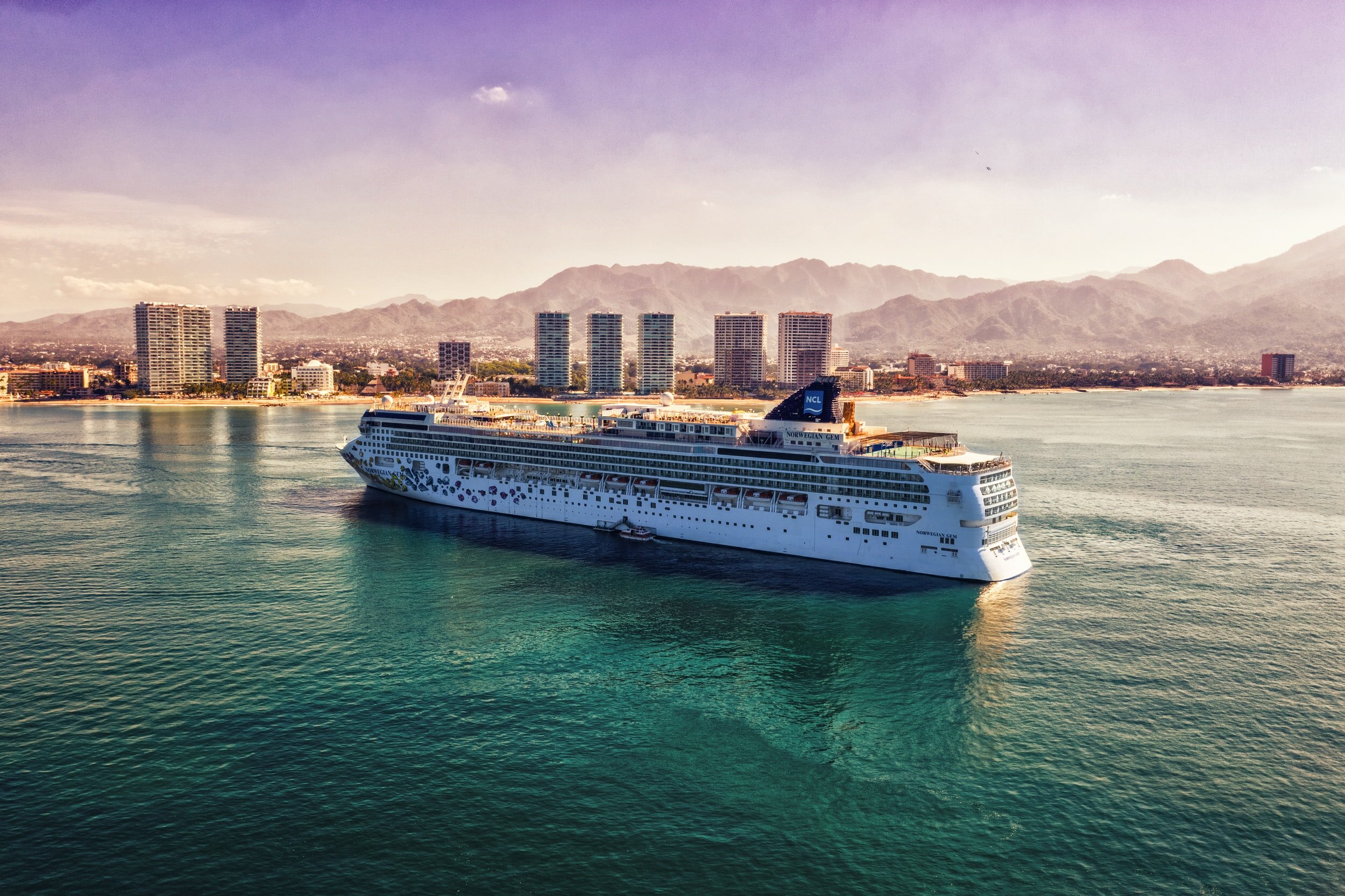
Case Summaries
River Countess BV & Ors v MSC Cruise Management (UK) Ltd [2021] EWHC 2652 – 4 October 2021 (Baker J)
After MSC Opera ran into River Countess in Venice, Demise Charterers (MSC) accepted responsibility, conceding that Italian law governed recoverability. However, they challenged both title to sue of River Countess’ Charterers and recoverability of their pure economic losses. Relying on Italian law experts, the Court held that Charterers had (in contrast to English law) title to sue in tort and that their net loss of revenue together with ex gratia refunds and payments to passengers were recoverable (subject to proof of causation, unavailability of a substitute vessel and reasonable mitigation of damage to brand/goodwill).
Tecoil Shipping Ltd v Neptune EHF & Others [2021] EWHC 1582
Following an in rem default judgment against “POSEIDON”, the Defendant insurers rejected the Claimant’s demand under the LOU arguing that judgment was only effective against the res and not binding on owners (now in liquidation). The Claimant then obtained an in personam default judgement and the insurers’ application to set it aside (on the basis that no collision statement of claim had been filed) was dismissed by the Court (which found no such requirement in the absence of acknowledgment of service). Further, the argument that the in rem judgment was not binding was irrelevant, the new proceedings being in personam, in which the Registrar’s in rem decision was conclusive evidence. The insurers should have contested the in rem proceedings but any re-litigation of issues was unlikely to reduce the claim below the LOU amount and would put disproportionate costs on the Claimant.
Holyhead Marina Ltd v Farrer & Ors (Emma) [2020]
“Further to the destruction of Holyhead Marina by Storm "Emma" in 2018, the claimant lessee in anticipation of claims totalling some f 5M by owners of the damaged craft sought a limitation of its liability to f 550k pursuant to s.191 of the Merchant Shipping Act. The defendant owners (i) denied the claimant's right to limit its liability not being the owner of a "dock" and (ii) alleged that in any event such right would be lost because the loss and damage resulted from a personal act or omission of the claimant committed recklessly and with knowledge that such damage would probably result pursuant to Art.4 of the Limitation Convention. The claimant was successful in striking out item (i) in the Defence, as the Court held that the pontoons forming the Marina may be described as "landing places", "jetties" or "stages" thus falling within the extended statutory definition of "dock". Despite finding it improbable that the requisite "actual knowledge" could be established because this demands a high hurdle, the Court did not strike out (ii) prior to trial as it had "just a real prospect of success".”
Splitt Chartering APS & Ors v Saga Shipholding Norway AS & Ors [2020]
“Further to €55 M damage caused to RTE's underwater electricity cable by the anchor of the barge STEMA BARGE II, three related companies, respectively her Owners, Charterers and Operators, claimed to limit their liabilities to £5.5 M based on tonnage. Disputes arose as to Stema UK's qualification as "operator of the ship" and its entitlement to limitation pursuant to the Limitation Convention 1976. in the absence of authority on the meaning of operator or manager and taking into account the difference between conventional merchant ships and dumb barges, the Court was satisfied with the evidence that the limited services (typical of managers) offered by Stema UK were sufficient to make it appropriate to describe it as the "operator" of the barge. The company was therefore entitled to limit its liability.”
Qatar National Bank (QPSC) v Force India, The Owners of the Yacht [2020]
“In January the Court ordered sale of the vessel "Force India" in respect of sums secured by a mortgage. Shortly afterwards, despite the advanced state of the sale procedure, the Claimant applied to set aside the sale Order, in light of an agreement with a third party who had committed to repay the loan. The Court held that in the circumstances, the sale was no longer required and reluctantly rescinded the Order, overcoming its concerns for the reputation of the Admiralty Marshal's sales in the market, only because of the "unusual and perhaps exceptional circumstances".”
Qatar National Bank QPSC v Yacht Force India, Owner of the [2020]
“To enforce a mortgage on the superyacht "Force India", the Claimant bank commenced in rem proceedings and arrested the Vessel at Southampton. The Owners acknowledged service and defended the claim. A trial of the action was fixed for January 2020. The Owners did not attend and the Court in those circumstances was entitled to and did, strike out the Defence. Nevertheless, the Court required the Claimant bank to prove its claim, given the risk that others having in rem claims against the Vessel might otherwise be prejudiced. In the event the Claimant bank did prove its claim and obtained judgment, following which ancillary orders, such as appraisal and sale, might be made.”